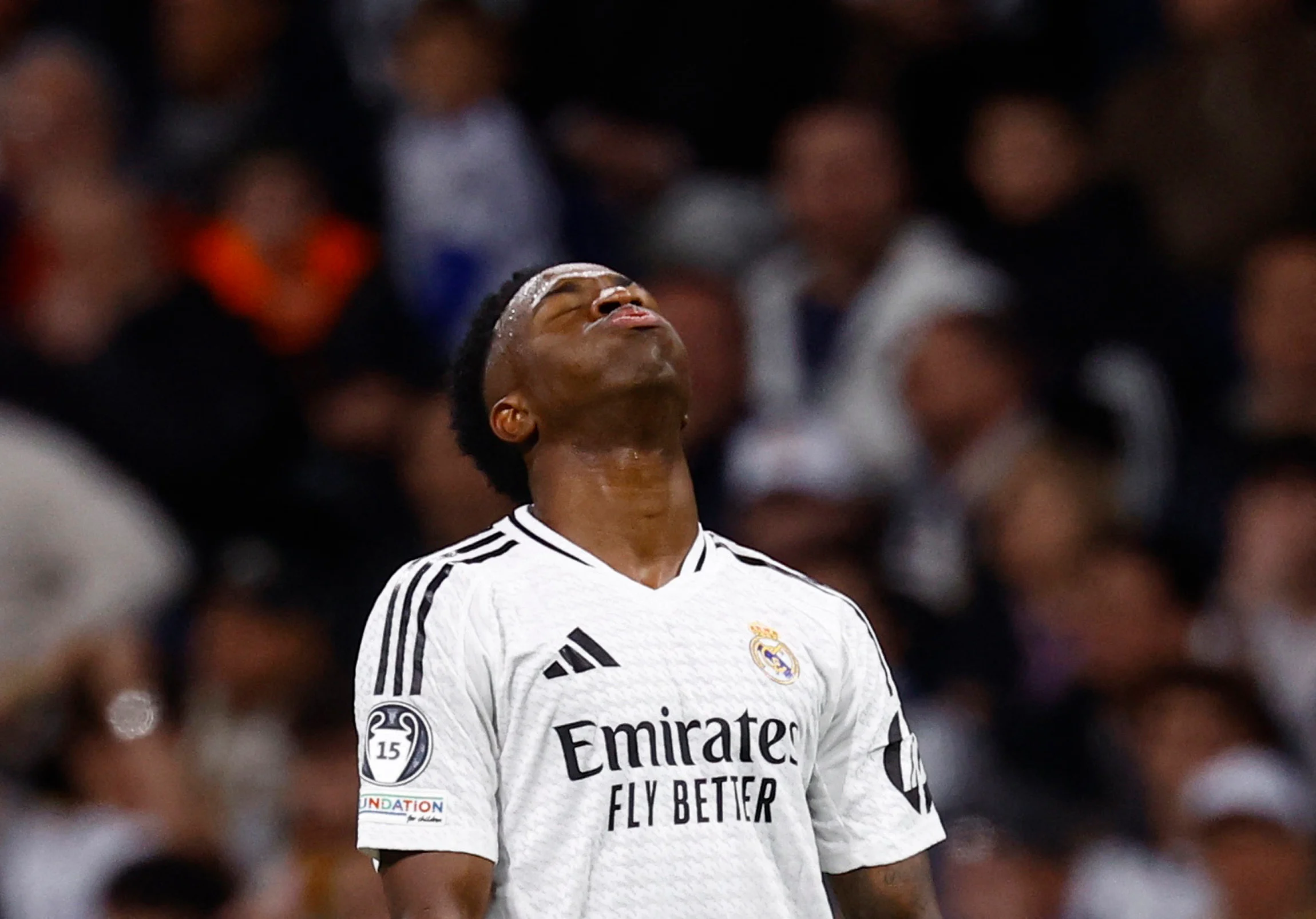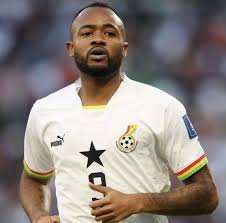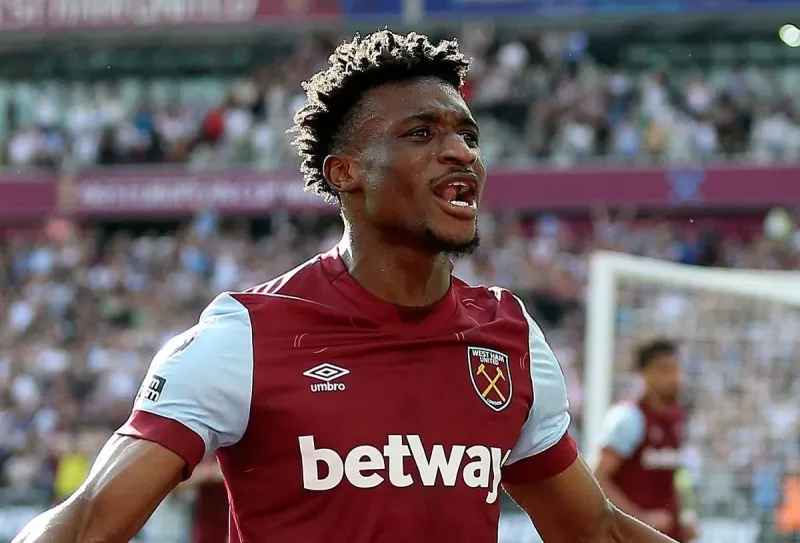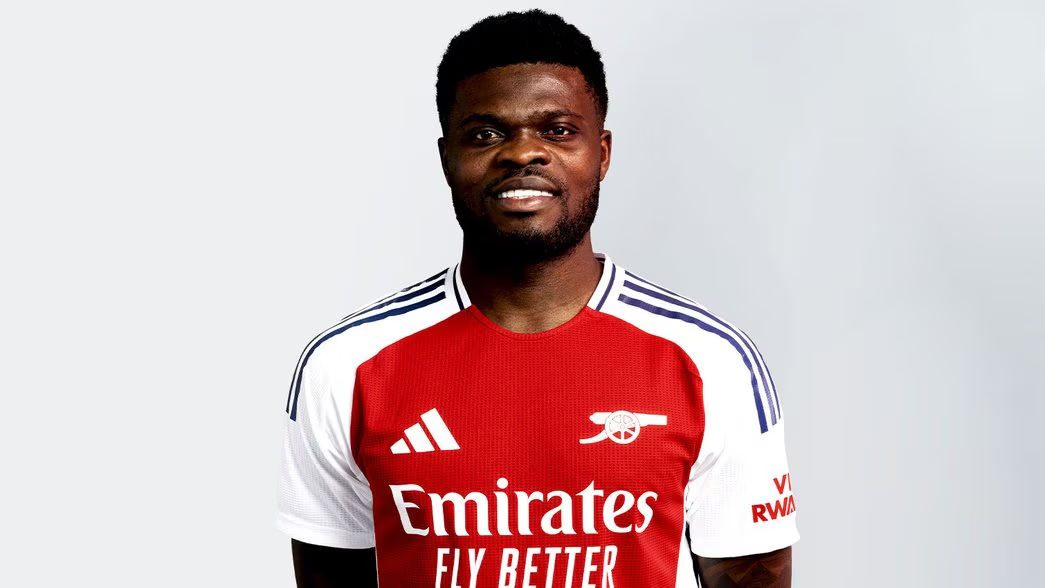Real Madrid has built a peerless brand and an overflowing trophy case on the back of superstars. It has dominated European soccer for decades and cultivated an acclaimed aura, largely because it recruited and bought the very best players in the world. It won Champions League after Champions League, and when it lifted its 15th — more than twice as many as any other club — last spring, it seemed that Los Blancos had conquered this unconquerable competition and solved this unsolvable sport.
But a year later, the sport clapped back.
On Wednesday, Real Madrid slumped out of the Champions League, beaten comprehensively by Arsenal over two legs, 5-1.
Kylian Mbappé and Vinicius Jr. crept off the field after a sour second leg, or simply stood there, dumbfounded, because on paper, their team was more super than ever before; but in practice, soccer is the ultimate team game.
The 2024-25 Champions League has reminded us of that age-old truth. Real Madrid won last year’s edition, then signed Mbappé. The assumption was that, together, they’d go on to win it, or at least compete for it, yet again.
Instead, they regressed. They struggled throughout the league phase. They rode their luck and snuck past Atlético Madrid in the Round of 16, but they couldn’t find a way past Arsenal — because, over 180 minutes, they had no coherent plan.
They had Mbappé and Vini and Jude Bellingham, Luka Modric and Federico Valverde and Rodrygo; but there were no synchronized movements, no innovative ideas, and no penetration of a resolute Arsenal defense.
There was hope, but it was illogical. There was belief, even after a 3-0 first-leg defeat; but it was fueled entirely by the past, by Real Madrid teams of yore.
“It’s not impossible. It’s Madrid,” Spanish newspaper AS said of a potential comeback earlier this week.
“If anyone can do it, it’s Madrid,” Marca proclaimed.
But not this Real Madrid. Ever since Mbappé joined, this version has been remarkably subdued, stagnant and relatively ordinary.
Meanwhile, the club Mbappé left, PSG, has built a humming unit without him. With 11 ego-less players pressing in unison and flying around fields in France, they have built one of the most entertaining teams in Europe. They advanced on Tuesday to the Champions League semifinals, where they’ll meet Arsenal — another well-built, albeit wounded, team without a megastar.
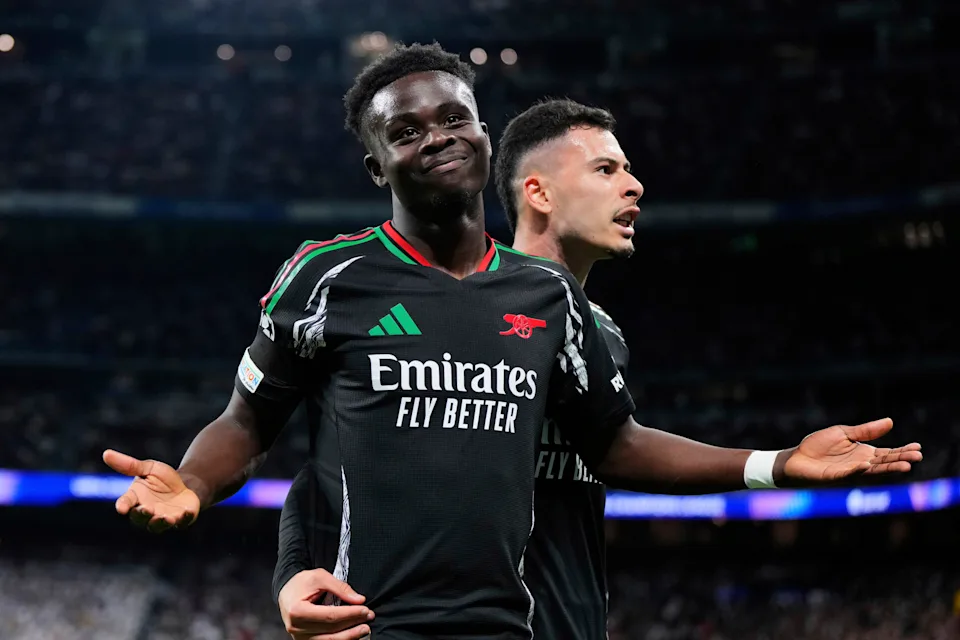
They advanced — as did Barcelona on Tuesday and Inter Milan on Wednesday — because soccer is not a superstar-driven sport.
It’s about balance and coordinated ball progression.
It’s about attacking patterns and cleverly unlocked space.
It’s about defenders and midfielders and forwards shifting together, and reading one another’s movements, as if on a string.
It’s about all sorts of things that Real Madrid, in constructing its superteam, seemingly ignored.
Los Blancos lost their connection in the first leg. They couldn’t stretch Arsenal in the second. Vini finally capitalized on a Gunners lapse in the second half, but for most of the 90 minutes, he and Mbappé were stifled — by Arsenal, and by themselves, by their own lack of structure, by the absence of a scheme purposefully designed to get them the ball. Enditem
Share Us
